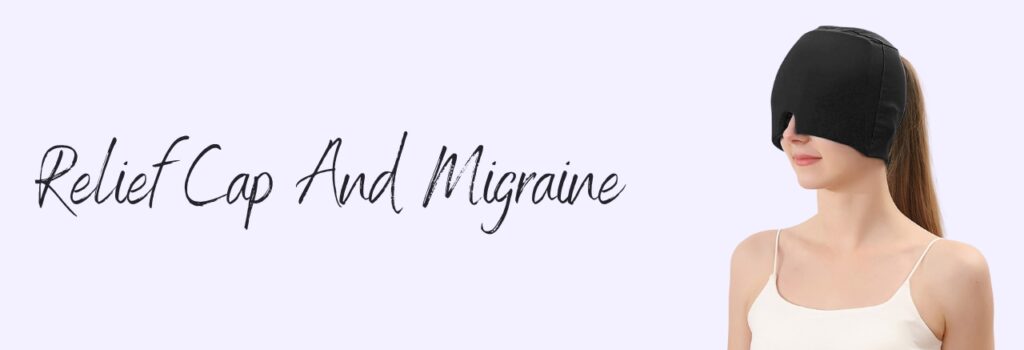If you suffer from migraines, you know just how debilitating they can be. A migraine is more than just a headache; it is a complex neurological disorder that can cause a range of symptoms, including intense pain, sensitivity to light and sound, and nausea. While there is no cure for migraines, there are steps you can take to manage your symptoms and prevent future attacks. One of the most important things you can do is to avoid certain triggers that can cause or worsen migraines. In this blog post, we will discuss what to avoid if you suffer from migraines
Certain Foods and Beverages
One of the most common triggers for migraines is certain foods and beverages. While the specific triggers can vary from person to person, some of the most common culprits include:
- Alcohol: Beer, wine, and hard liquor can all trigger migraines in some people.
- Caffeine: While caffeine can help relieve migraines in some people, it can also trigger them in others.
- Processed foods: Foods that are high in nitrates, MSG, and artificial sweeteners can all trigger migraines in some people.
- Aged cheeses: Cheeses such as blue cheese, cheddar, and brie can all trigger migraines in some people.
If you suspect that certain foods or beverages are triggering your migraines, try keeping a food diary to identify the specific triggers

2. Environmental Triggers
Environmental triggers can also cause or worsen migraines. Some of the most common environmental triggers include:
- Bright or flashing lights: Bright lights, especially those that flash or flicker, can trigger migraines in some people.
- Loud noises: Loud or sudden noises can also trigger migraines in some people.
- Strong smells: Strong or pungent odors such as perfume, cigarette smoke, and cleaning products can all trigger migraines in some people.
To avoid environmental triggers, try wearing sunglasses or a hat in bright sunlight, using earplugs in loud environments, and avoiding strong smells whenever possible.
3. Stress and Anxiety
Stress and anxiety can also trigger migraines in some people. While it is impossible to completely eliminate stress from your life, there are steps you can take to manage your stress levels and reduce your risk of migraines. Some stress-reducing techniques include:
- Deep breathing: Deep breathing exercises can help you relax and reduce stress levels.
- Yoga: Yoga is a gentle form of exercise that can help reduce stress and tension in the body.
- Meditation: Meditation is a technique that involves focusing your mind on a specific thought or object to achieve a state of calm and relaxation.
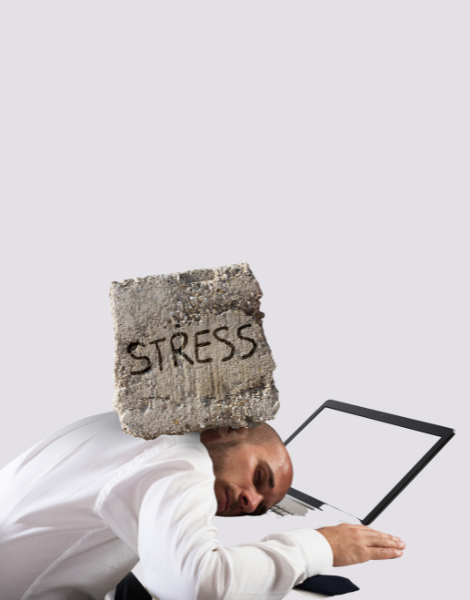
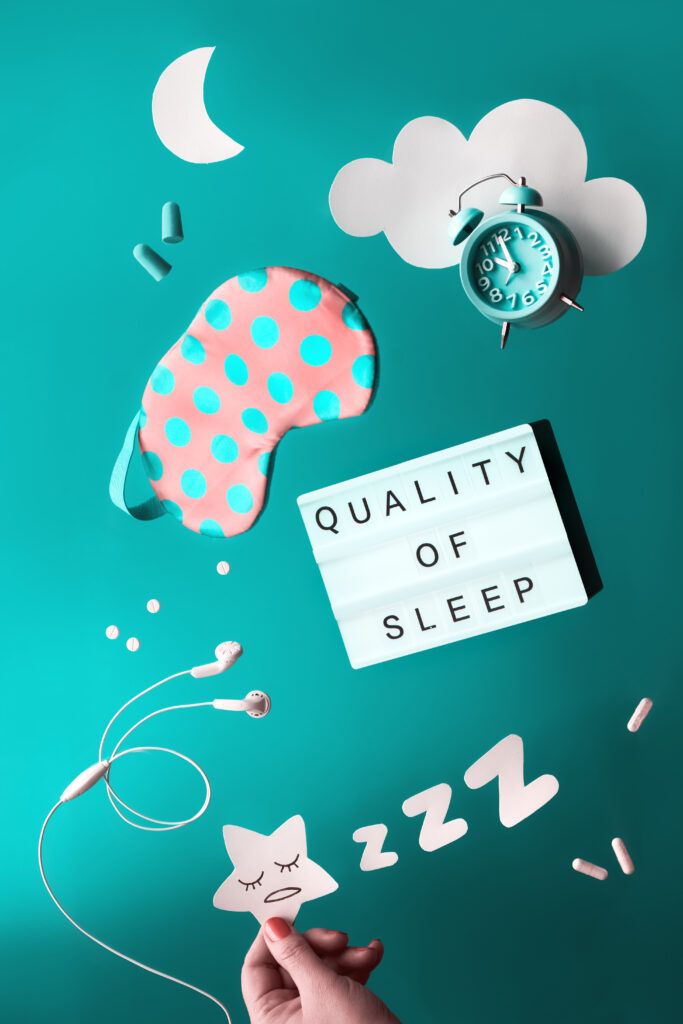
4. Changes in Sleep Patterns
Changes in sleep patterns can also trigger migraines in some people. It is important to maintain a consistent sleep schedule and get at least seven hours of sleep each night. Avoiding caffeine and alcohol before bedtime, creating a relaxing bedtime routine, and keeping your bedroom cool and dark can all help improve your sleep quality and reduce your risk of migraines.
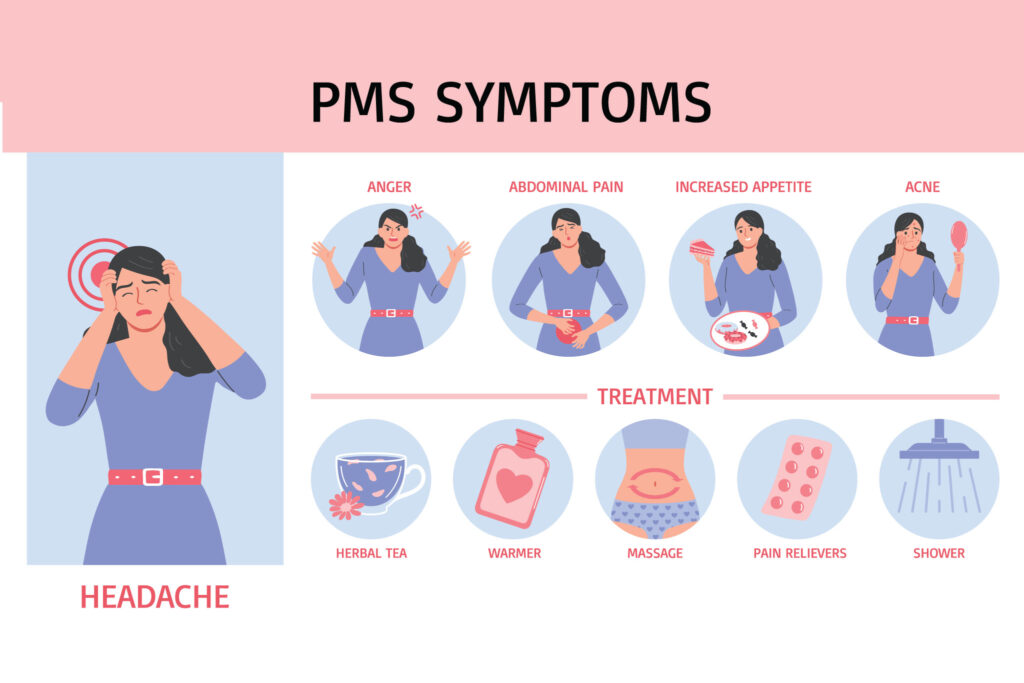
5. Hormonal Changes
For some women, hormonal changes can trigger migraines. These changes can occur during menstruation, pregnancy, and menopause. If you suspect that hormonal changes are triggering your migraines, talk to your healthcare provider about possible treatment options.
6. Physical Exertion
Intense physical exertion can also trigger migraines in some people. If you notice that exercise is triggering your migraines, try starting with low-impact activities such as walking or swimming and gradually increasing the intensity of your workouts.
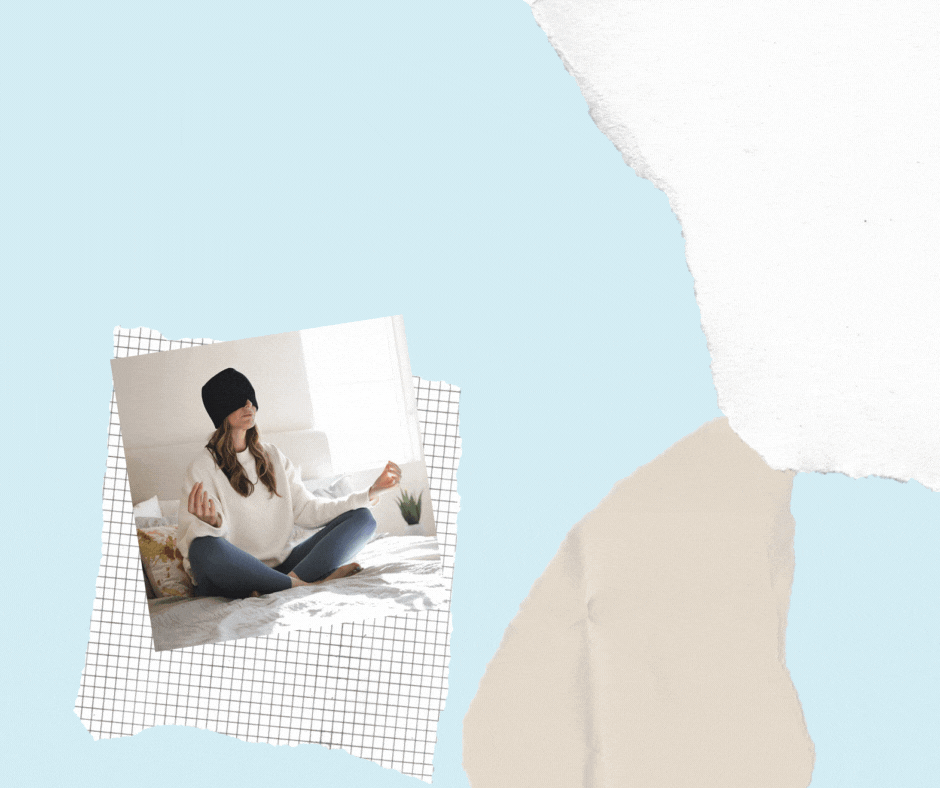
Managing Migraines
In addition to avoiding migraine triggers, there are several ways to manage migraines when they occur. Here are some tips to help you manage your migraines:
1. Take Medications
Over-the-counter pain relievers such as ibuprofen and aspirin can help relieve mild migraines. For more severe migraines, your doctor may prescribe triptans or ergotamines. It is important to follow your doctor’s instructions and not to overuse these medications, as they can cause rebound headaches.
2. Apply Heat or Cold
Applying heat or cold to the affected area can help relieve pain and discomfort. Use a cold pack or a heating pad, depending on what feels best for you. Place the pack on your forehead, temples, or the back of your neck.
3. Practice Relaxation Techniques
Relaxation techniques such as deep breathing, meditation, and yoga can help reduce stress and relieve tension, which can trigger migraines. Practice these techniques regularly to manage your migraines and improve your overall health.
4. Seek Professional Help
If you are experiencing frequent or severe migraines, it is important to seek professional help. Your doctor may recommend seeing a neurologist or a headache specialist who can provide additional treatment options, such as Botox injections, nerve blocks, or behavioral therapy.


